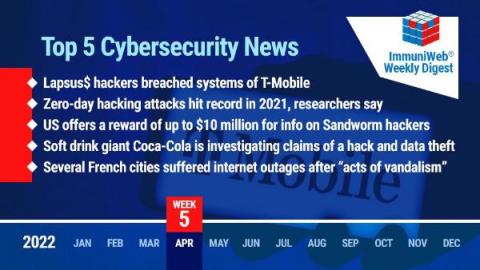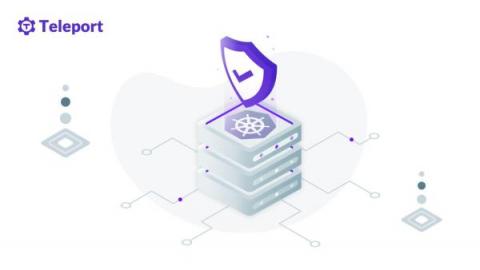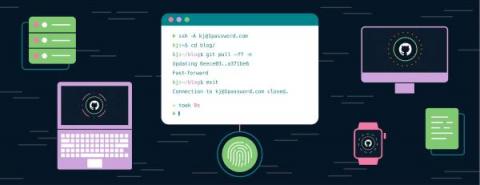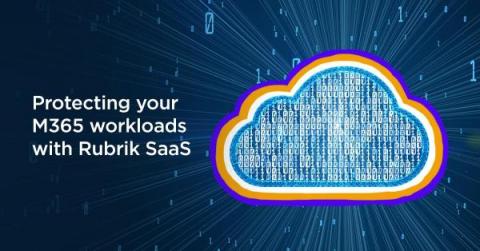Security | Threat Detection | Cyberattacks | DevSecOps | Compliance
Latest News
How To Protect Your Code: Top 3 Anti-Debugging Methods
Threat actors utilize numerous anti-analysis techniques, one of the most common of which is Anti-Debugging, to make post-detection analysis more difficult. In the malware they create and the ways they use to avoid detection and analysis by cybersecurity experts and solutions, threat actors have shown to be more inventive.
The TTPs of JavaScript Supply Chain Attacks
Recent research studies demonstrate that software supply chain attacks are on the upswing—by almost 300% in 2021 alone. To avoid attacks related to open-source libraries and JavaScript, businesses need to understand the tactics, techniques, and procedures (TTPs) associated with JavaScript supply chain attacks.
How Calligo uses machine learning as a service (MLaaS)
In this blog post, we explore how we boost our MLaaS approach to create the best blend of innate human nuance and computational ability of machines to solve your business challenges…
Lapsus$ Hackers Breached Systems of Telecom Giant T-Mobile
Read also: Coca-Cola investigates a possible hack, the US offers a $10 million reward for info on Sandworm hackers, and more.
6 Best Practices for Kubernetes Audit Logging
Running a Kubernetes-based infrastructure is challenging and complex. Administrators often lament how complicated performance optimization and monitoring are, which can lead to problems in production. Additionally, even finely-tuned Kubernetes deployments can encounter sporadic issues. When Kubernetes starts behaving in strange ways, digging into logs can help you uncover breadcrumbs. These contextual hints can help lead you to possible solutions.
1Password for SSH changed the way I work
1Password for SSH was shared with the world last month. I have been using it since it was available for internal beta. I knew it would improve my endpoint security. I didn’t expect it to change the way I generated, stored and used SSH keys the way I work.
Under the C: A glance at C/C++ vulnerabilities in Python land
While most developers — myself included — primarily write in higher-level languages like Python or JavaScript, sometimes you need to add in native elements to improve performance or other project aspects. Since these native extension invocations are typically written in C or C++, suddenly a project primarily using JavaScript or Python must also account for potential C/C++ transient dependencies.
Critical Vulnerability in Multiple WSO2 Products Exploited - CVE-2022-29464
Protecting your Microsoft 365 workloads with Rubrik SaaS
There has been tremendous growth in Microsoft 365 usage with the current remote work trend, leading to an explosion of Microsoft 365 data. Microsoft infrastructure and platforms support the availability, reliability, and security of this infrastructure by providing world-class perimeter defense, controlling access to keep attackers out, and detecting risky behavior. However, customers are responsible for protecting the data itself - emails, chats, files, etc.











